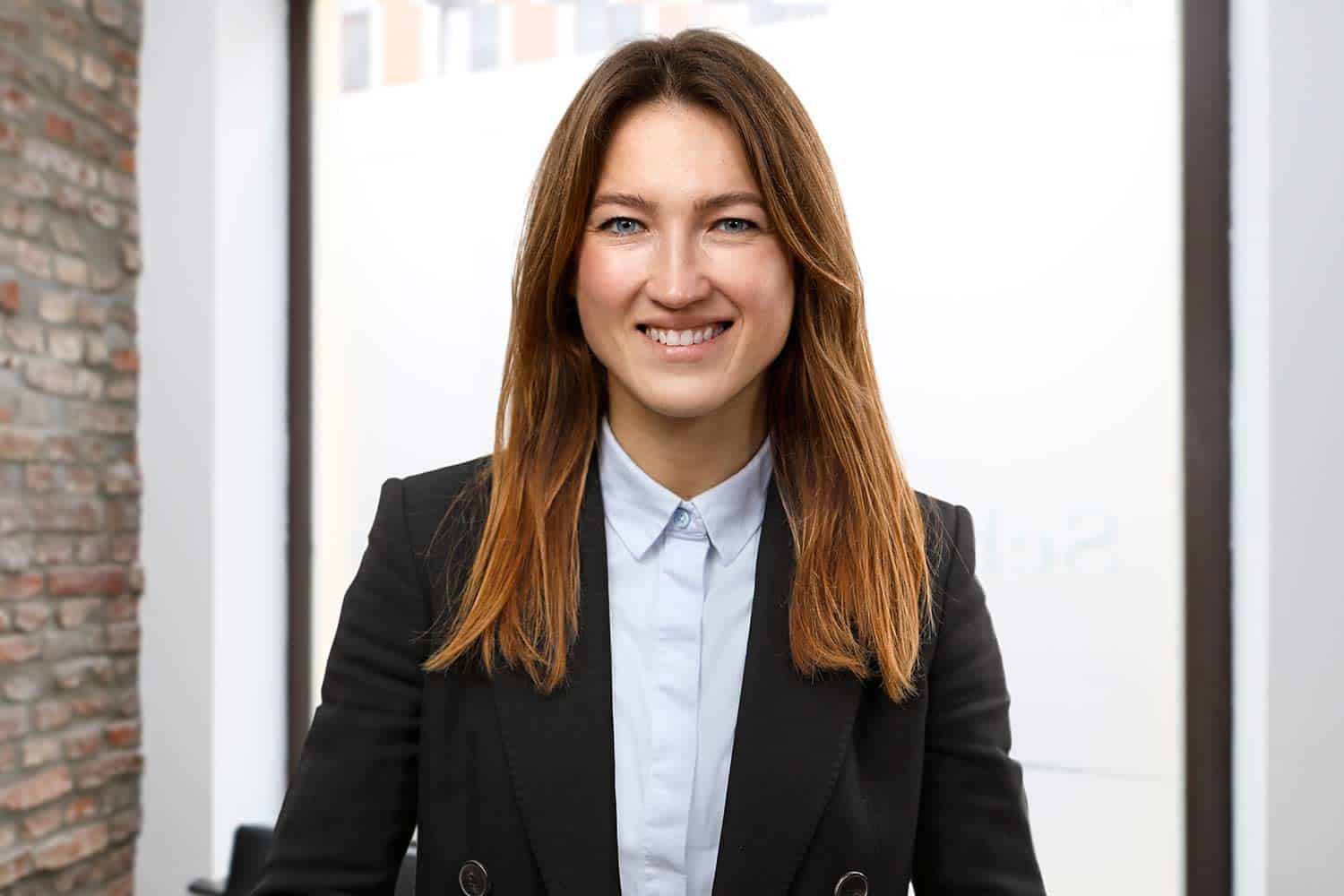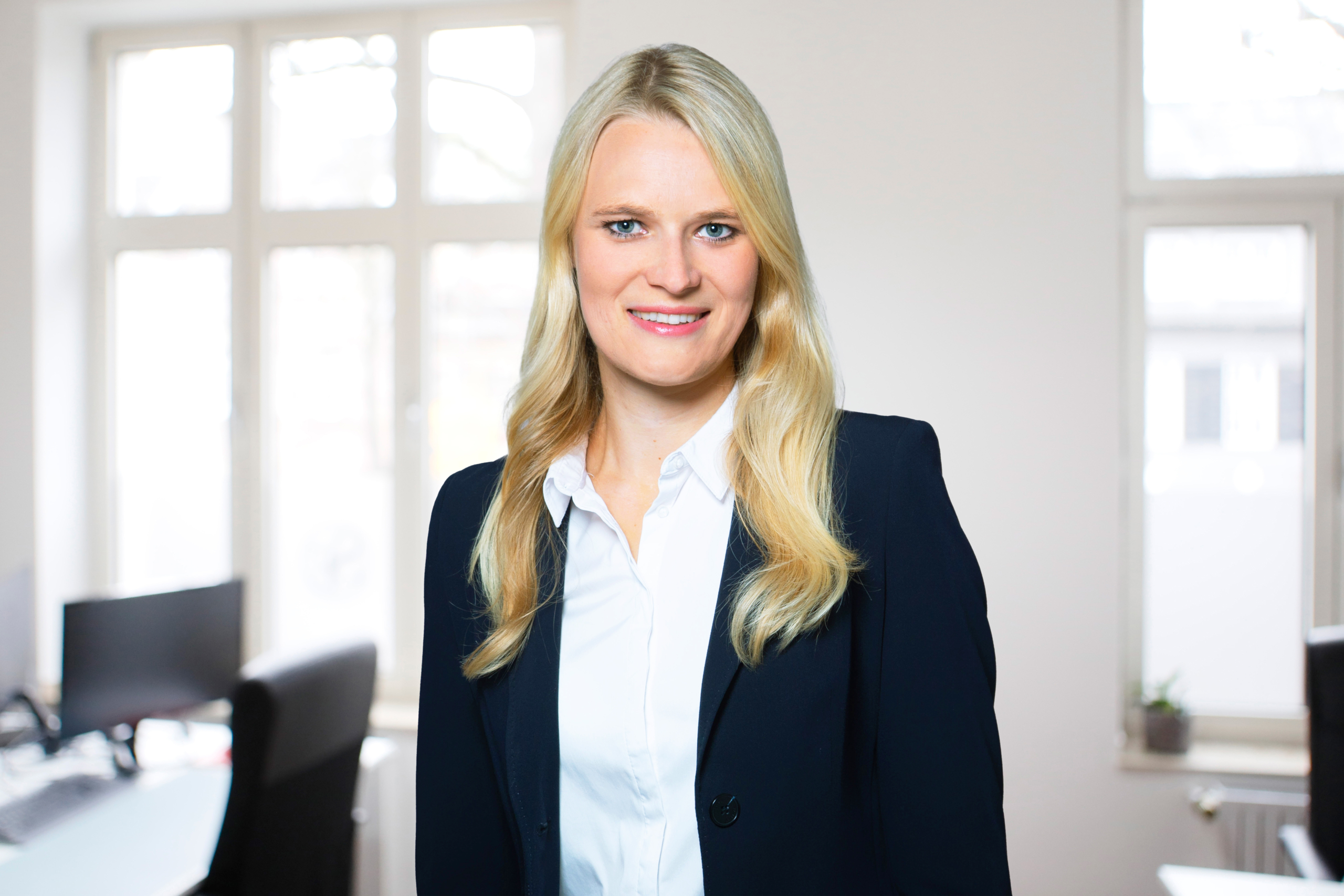In 2021, a total of 3,843 children were adopted in Germany. About two-thirds of these were stepchild adoptions, in which a person adopts their partner’s child to also become a legal parent. Adoption also offers a solution for couples who cannot have children themselves but have a strong desire to have children. However, the adoption procedure is very lengthy and subject to strict requirements. To be clear about the procedure and the legal consequences of adoption, the professional advice of an experienced lawyer is strongly recommended.
Schlun & Elseven Rechtsanwälte offers professional legal advice on all questions of German adoption law. Our lawyers have extensive experience dealing with the relevant adoption agencies and services. They will support you through the adoption procedure, mitigate against the complications involved, and ensure your application meets all legal requirements. If you are considering adoption and would like personal legal advice, please do not hesitate to contact us.
German Adoption Law: Current Legal Situation
German adoption law is regulated by the German Civil Code (BGB). The German legislator distinguishes between the adoption of a minor (§§ 1741 ff. BGB) and that of an adult (§§ 1767 ff. BGB). In addition, the Adoption Mediation Act (Adoptionsvermittlungsgesetz, AdVermiG) regulates further details on the adoption procedure and adoption mediation. In principle, an adoption establishes a relationship between the parents or an adopting parent and the child. This relationship is independent of the biological parentage of the child. After a legally effective adoption, a minor adopted child is placed on an equal footing with natural children to have the same rights and obligations.
Forms of Adoption under German Adoption Law
The most common type of adoption is that of a minor child. Even here, there are different forms of adoption, each of which entails specific legal consequences.
Adoption of a Minor
When adopting a minor, the parties must distinguish between three different forms. The decisive factor is the relationship between the minor child’s adoptive and natural parents.
Incognito adoption would first be possible if there is a wish to adopt. In this case, the data of the birth parents remain under lock and key so that no contact between them and the adoptive parents is possible. However, the child can inspect the placement file, but this is only possible when the child reaches the age of 16. In addition, the child can be issued a certified printout of the birth entry under § 63 (1) Personal Status Act (PStG). This printout allows the child to learn more about their biological parents. Before age 16, the decision to inspect the record lies with the adoptive parents.
Adopting a minor child can also take the form of a semi-open or open adoption. In the case of a semi-open adoption, there is the possibility of contact between the birth parents and the adoptive parents. However, this is a contact in the form of a personal meeting arranged by the responsible adoption agency. Contact details are not exchanged. Such a meeting enables the relinquishing birth parents to get a first impression of the adopting adoptive parents. This form of adoption also allows for continued contact between the birth parents and the adoptive parents, for example, to exchange pictures, letters and the like. However, this is made possible anonymously via the placement agency.
Open adoption, on the other hand, differs from the latter form in that there is available contact between the birth parents and the adoptive parents. In addition to a personal conversation, there is an exchange of data such as name and address. This type of adoption is prevalent when a child is already in foster care with a family, and the birth parents of this child give the child up for adoption. In this case, there is necessarily an open adoption.
Kinship Adoption
In kinship adoption, a child is adopted within a kinship up to the third degree. For example, a child can be adopted by their grandparents, aunts, uncles or even adult siblings. A kinship adoption is usually only implemented when there is a death or another reason, which means that the child’s parents can no longer look after and care for their child.
Stepchild Adoption
In 2019, most adoptions in Germany were stepchild adoptions; and are for if the registered partner or spouse already brings a child into the partnership from a previous relationship. The new partner, unrelated to the child, then adopts the child with all rights and obligations. The stepmother or stepfather thus adopts the child.
Adopting an Adult
Adoption of a person of full age is also possible, and it differs from the other types of adoption mainly in its legal consequences. Here you can find out the requirements for adult adoption, how the procedure works and the legal matters.
Requirements for an Adoption under German Law
The focus of an adoption is the child’s best interests, and this principle is central to how a child is adopted and must be taken very seriously. Therefore, some requirements have to be fulfilled to be able to adopt at all. Here are some general considerations:
Minimum Age for Making an Adoption
A wide range of requirements must be met for adoption in Germany. First of all, the age of the adopter is decisive. The adopter is assumed to have full legal capacity and is at least 25 years old. It is irrelevant whether the adopter is single or lives in a partnership. In the case of a joint adoption with a spouse, on the other hand, the other person must be at least 21 years old. For example, the stepmother who wants to adopt her husband’s child from a previous relationship must be 21 or older.
It should be noted that there is no age limit. However, the age difference between the adopters and the adopted child should not be too significant. There is no legal limit on the age difference. However, the Federal Association of State Youth Welfare Offices believes the maximum age difference should be 40 years. Therefore, the possibility of adopting an infant usually ends after the age of 40.
Documents Required for Making an Adoption in Germany
In addition, adopters have to provide some proof in an adoption procedure. These include a health certificate and a certificate of good conduct. Our lawyers are available to support you if you have difficulties locating the appropriate documents.
A health certificate is required to gain insight into the adopter’s health. It is assumed that the adoptive parents can care for the child for as long as possible. Cases involving applicants with life-shortening illnesses would therefore rule out adoption. However, serious illnesses or mental or psychosomatic illnesses also make it difficult to care for a child for as long as possible. Adoption is also ruled out in the case of addiction. Concerning the certificate of good conduct, only a previous conviction for sexual offences or bodily harm, for example, is relevant. Allow our team of German adoption lawyers to examine your documentation and determine whether they are per the requirements.
Personality and Motivation for Adoption
The motivation for wanting to adopt a child is also questioned, as well as whether the adoptive parents can commit themselves to the child thoroughly and whether they are willing to inform their future adoptive child about its parentage or history.
Consent of the Natural Parents
To be able to adopt a child, the biological parents must have consented to the adoption. It is irrelevant how the parents relate to each other. The consent must come from both parents. For example, in the case of stepchild adoption, the permission of the parent who does not continue to care for the child must be given.
In the case of adopting an infant, a distinction must be made between the mother and the non-marital father concerning the period of consent. The latter can already declare his consent before the child’s birth, whereas the mother can declare from the ninth week after the birth at the earliest. If there is a declaration of consent from both parents and the guardianship court has received it, the decision made is irrevocable. The natural parents are released from their duties and rights, and the youth welfare office assumes guardianship of the child. Our German adoption lawyers will oversee all the requirements relating to the natural parents’ consent. Ensuring that everything is “above board” and in line with the legal requirements decreases the likelihood of a contested adoption process.
Furthermore, a child who is older than 14 can decide for themselves whether or not to consent to the adoption. This means that the guardian must declare their consent for children under 14 years of age. From the age of 14, the guardian and the child declare their consent to the adoption. However, the declaration of consent by the biological parents can also be waived. However, this is only possible in absolutely exceptional cases.
Marital Status of the Adopters
Another decisive point in German adoption law is the marital status of the adopter. In turn, specific requirements are linked to this. § 1741 (2) German Civil Code stipulates that unmarried persons may only adopt alone, whereas married couples must decide jointly to adopt and therefore adopt the child jointly. It is irrelevant whether the couple is of the same sex or a heterosexual couple. An exception to the provision on joint adoption by a married couple arises if one of the spouses is not legally competent or is not yet 21 years old ( § 1741, (2), sentence 4 German Civil Code). In such a case, the spouse who is already capable of adopting a child may exceptionally adopt it alone.
Other Requirements under German Adoption Law
In the context of adoption in Germany, it must also be examined whether the living and economic conditions of the adopter(s) are to be considered sufficient. Therefore, there should be enough space for the child to feel comfortable in the new living quarters and to have the possibility of having its own place of retreat. Furthermore, the economic circumstances of the adoptive parents must be right. It is assumed that the child’s livelihood is secured. In the case of adoption by a married couple, there should also be a stable partnership. In addition, they should have dealt with the issue of raising the child.
The Adoption Procedure: Procedure, Costs and Legal Consequences
If you decide to adopt a child, you must apply to the local youth welfare office or a recognised adoption agency. As part of the application, you will then have an interview. You must submit various documents if you still decide to adopt after this interview. These include:
- Application form
- Curriculum vitae
- Health certificate and certificate of good conduct
- Proof of assets, citizenship and much more
- Marriage certificate, if applicable
- Completed application form
Once all documents have been submitted, the suitability procedure begins. The competent authority will check whether you meet the abovementioned requirements (age, living and financial circumstances, etc.). The examination can take six to twelve months.
After completing the aptitude test, the competent agency will look for a child for you. The placement offices’ task is to find suitable parents for children to be placed. Therefore, the decisive factor in the search is that the applicants are suitable for adopting the child. The child’s personality and needs are considered (§ 7 AdVermiG). This procedure can also take some time.
Due to the large number of applicants and the comparatively smaller number of possible adoptive children, waiting times usually arise here. However, if a child is found for whose adoption you are particularly suitable, you will be informed of this. The child will then be taken in for so-called adoptive care with you. This foster care period is required before adoption per § 1744 BGB. This foster care period lasts about one year and serves to acclimatise the child to the family. However, the youth welfare office remains the child’s guardian during this time.
After the foster care period, the applicants must submit an adoption application to a notary public to conclude the adoption procedure and a legally binding adoption, which in turn must be submitted to the guardianship court. The responsible youth welfare office consequently submits an expert opinion to the court. The family court then examines whether the adoption is in the best interests of the child or not and then decides whether to accept the adoption.
If the child’s and the applicant’s interests are not in harmony, the court must refuse the adoption under § 1745 BGB. However, if this is not the case, the family court decides the child’s adoption (§ 1752 BGB). If you go through this process and the court agrees to adopt the child, you become the child’s parent from a legal point of view.
Costs of Adopting a Child
Adoption involves costs for the family court and the notary, among other things:
- Court costs (approx. 100€),
- Application (incl. notary fees, approx. 60€ (plus tax)),
- Each additional declaration of consent (incl. notary fees, approx. 30€ (plus tax)).
However, the costs depend on the type of adoption. International adoptions are considerably more expensive. Here, travel costs, fees of the youth welfare office, costs through placement agencies, and possible additional lawyer and court costs must be considered. International adoption can therefore cost up to €20,000.
Consequences
After an adoption, the child’s birth name changes. Thus, the surname of the adoptive parents or the single adopter is now the child’s birth name. If a couple does not have a common surname at the time of adoption, the couple decides jointly which name the child should take. It is also possible to change the first name. Furthermore, the relationship of the child also changes. Whereas in the case of a kinship or stepchild adoption, the child retains at least part of the kinship relationship, in the case of the other forms of adoption, any kinship relationship to the natural family ceases to exist. This means the child is not entitled to any inheritance rights or maintenance claims from their biological family.
Furthermore, once the adoption has been accepted, the biological parents no longer have parental rights of care and contact. However, adopting a person above the age of majority is an exception. This person’s relationship is not extinguished, so all maintenance and inheritance rights remain in force. However, there are also some exceptions to this rule.
International Adoption
It is also possible to adopt a child whose habitual residence is abroad. The competent international adoption agency again carries out this procedure. It should be noted that in the case of international adoption, not only German law applies, but also that of the foreign country. In the case of international adoption, the suitability of the applicants is also examined based on the criteria mentioned above. The same documents must be submitted for the application as are required for domestic adoption. Here, too, there is a check within a suitability procedure. It should be noted, however, that the suitability of the applicants is checked specifically for the type of adoption. In particular, how the applicants would deal with the child’s culture and discrimination in the future is questioned. An international placement agency carries out the examination.
Suppose the adoption procedure is positive and possible. In that case, the application, a social report from the Youth Welfare Office and all other required documents are sent to the country where the adoption is planned. Here, the placement office’s task is to find suitable parents for the children available for adoption. If a child is found for whom the applicants are suitable for adoption, they must travel to the child’s country of origin and fetch the child there. Throughout the adoption process, staff from the relevant agencies are on hand to advise applicants. However, working alongside an experienced German adoption lawyer is strongly recommended, as it is not uncommon for adopting couples to face complex legal issues when adopting from abroad. Our team of family law experts are available for you.

Practice Group: German Family Law
Practice Group:
German Family Law
Contact our Lawyers for German Family Law
Please use our online form to outline your request to us. After receiving your request, we will make a brief initial assessment based on the facts described and provide you with a cost offer. You can then decide whether you would like to engage our services.








